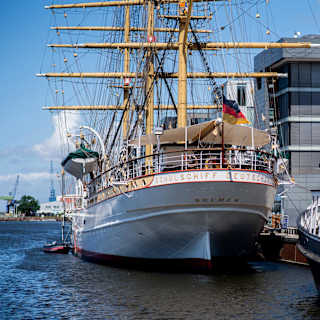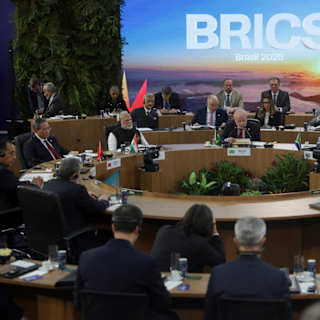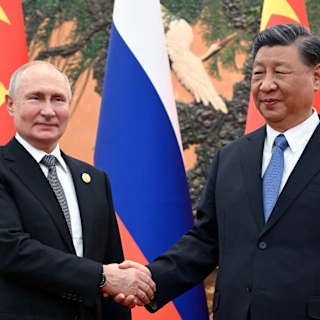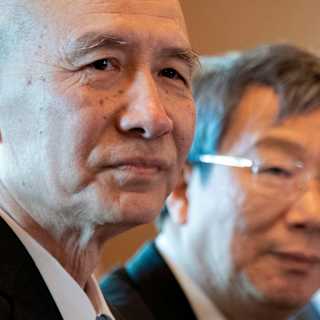- 18th Sanctions Package Targets Russian Energy
- Tariff Tensions With Washington Mount
- Internal Divisions Complicate Response
European Union leaders convened in Brussels today to navigate twin diplomatic challenges: imposing a new round of sanctions on Russia while attempting to defuse an escalating trade dispute with the United States over threatened tariffs.
The 27-nation bloc's heads of state are meeting as they face pressure to maintain unity against Moscow's war in Ukraine while managing tensions with President Donald Trump's administration, which has imposed reciprocal tariffs on European goods and threatens steeper increases.
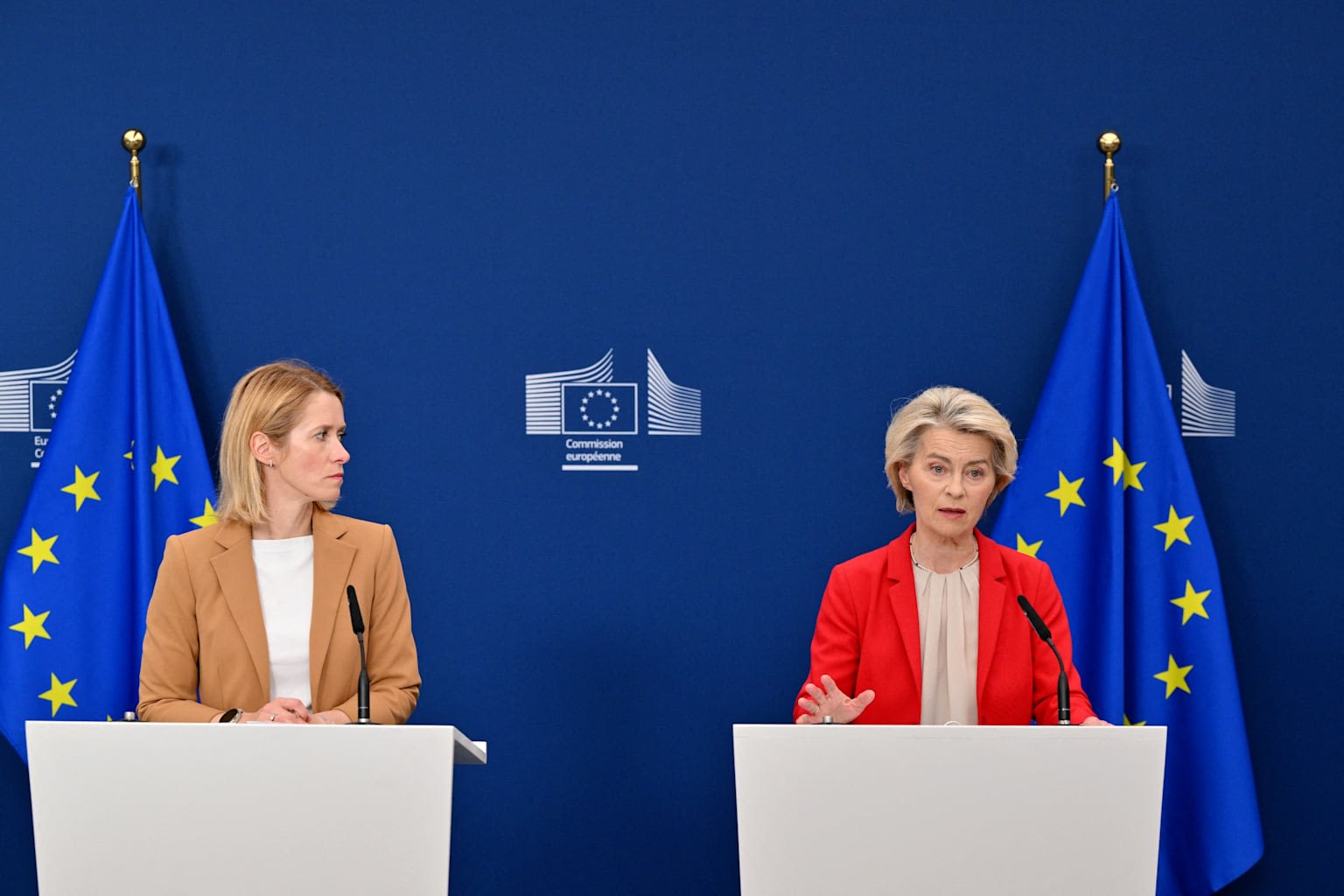
The summit's primary focus centers on adopting an 18th package of sanctions against Russia, proposed earlier this month by the European Commission12. The measures would lower the price cap on Russian oil from $60 to $45 per barrel and expand the blacklist of financial institutions helping Moscow circumvent existing restrictions34.
"Oil exports still represent one-third of Russia's government revenues. We need to cut this source of revenues," European Commission President Ursula von der Leyen said when announcing the package on June 104.
Ukrainian President Volodymyr Zelenskyy will join the discussions by videoconference after meeting with Trump on Wednesday1. The sanctions package requires unanimous approval from all member states, though Hungary and Slovakia have historically opposed measures that could raise energy prices for European consumers3.
Simultaneously, EU leaders are grappling with Trump's trade policies, which imposed a 10% tariff on European goods in April with threats to increase the rate to 50%1. The proposed increase has been delayed until July 9, leaving room for negotiations2.
Trump criticized Spain on Wednesday for insufficient defense spending and suggested additional tariffs, while France's president accused the US leader of starting a trade war with longtime allies3. According to reporting by ABC News, the tariff threats are weighing heavily on the EU, which negotiates trade deals on behalf of all member countries3.
The timing is particularly challenging as European leaders arrive fresh from a NATO summit where they pledged increased defense spending but struggled to paper over differences with Trump3.
Beyond external pressures, the EU faces internal disagreements over policy toward Israel regarding its conduct in Gaza and criticism of von der Leyen's shift from climate leadership toward military investment1. The summit will conclude with a statement setting the bloc's agenda for the next four months, serving as a bellwether for European political sentiment on major global issues1.
The meeting comes as peace talks between Russia and Ukraine have collapsed, with Moscow refusing calls for an unconditional ceasefire despite weeks of diplomatic efforts2.
